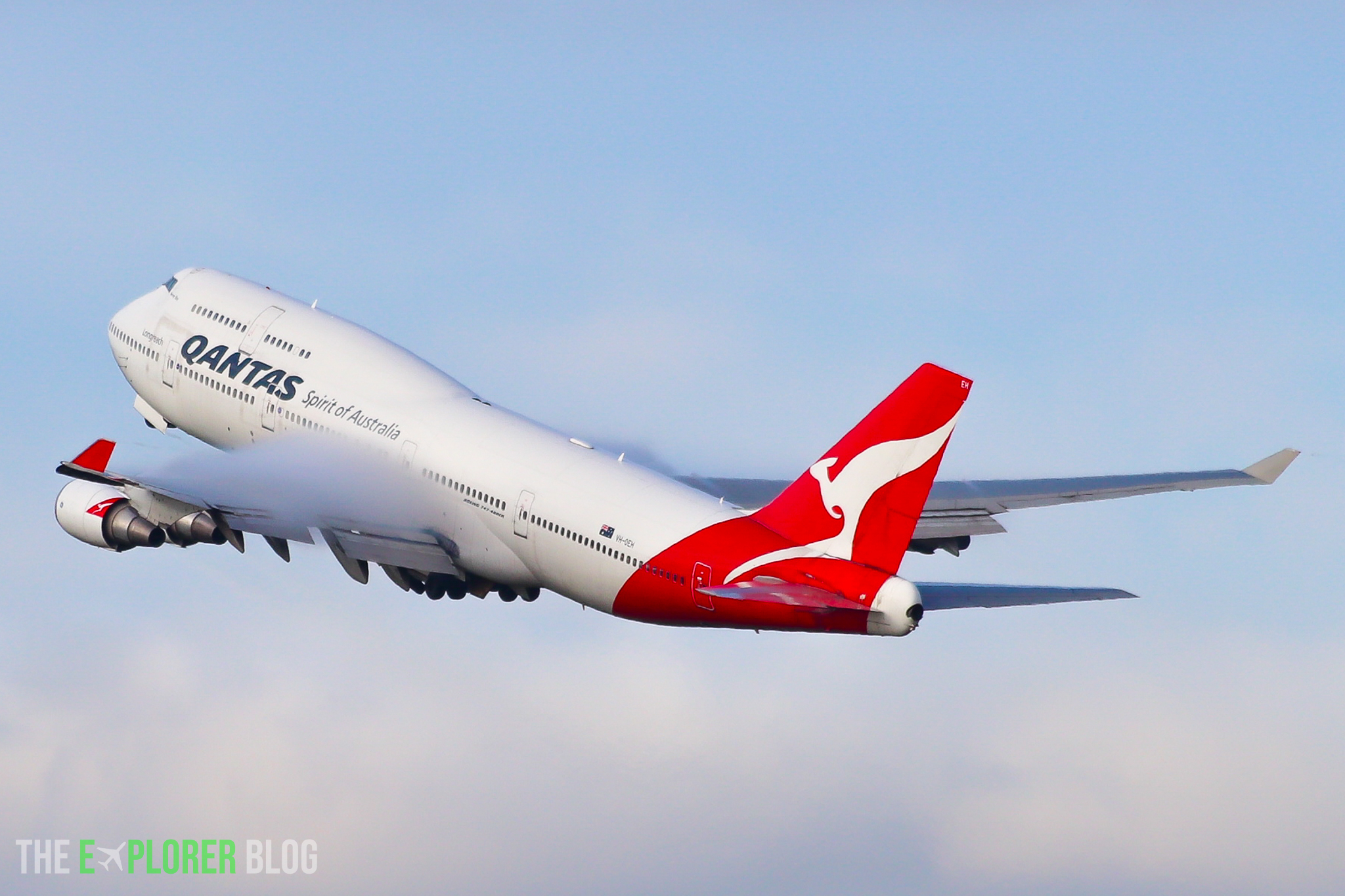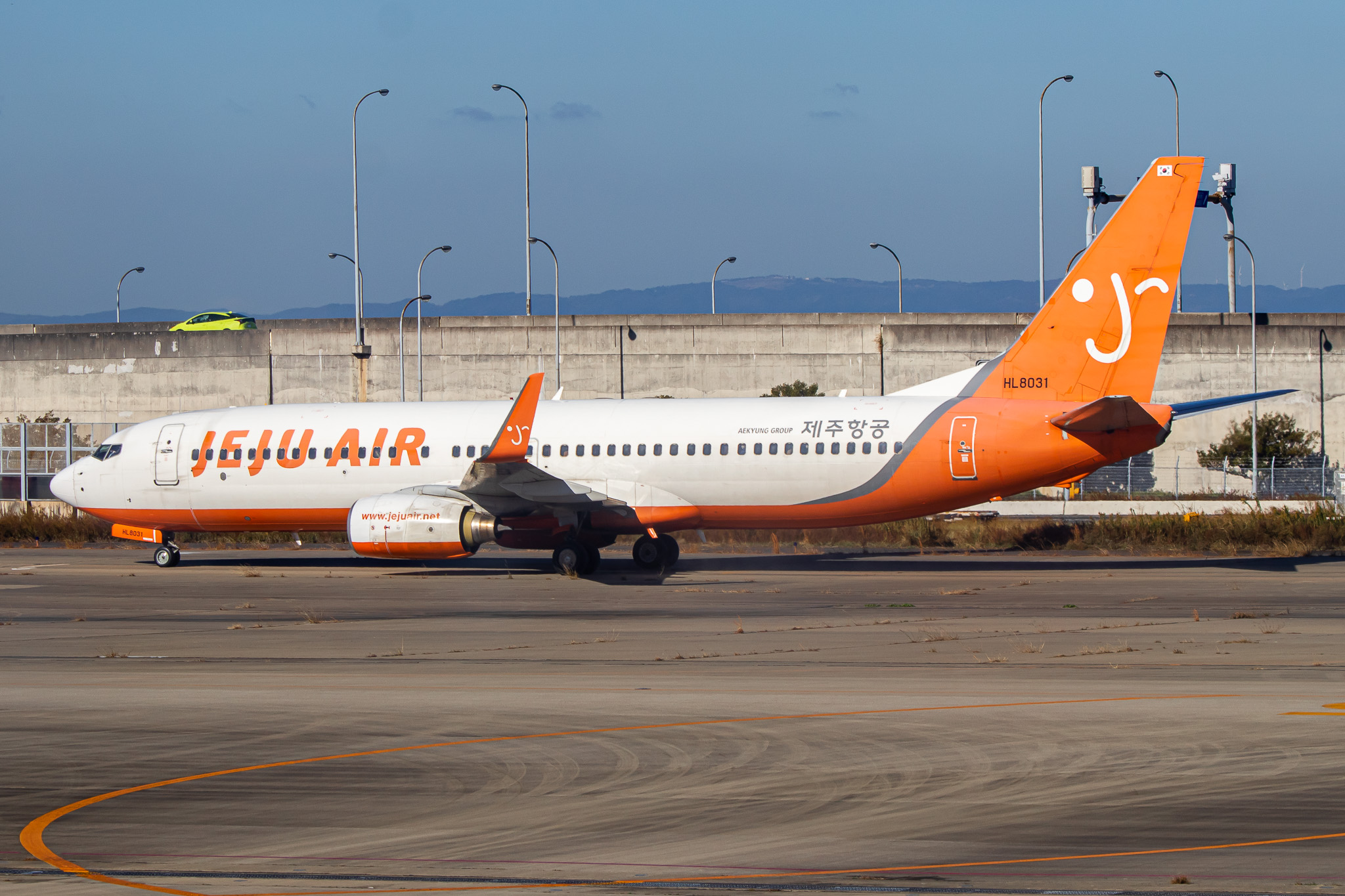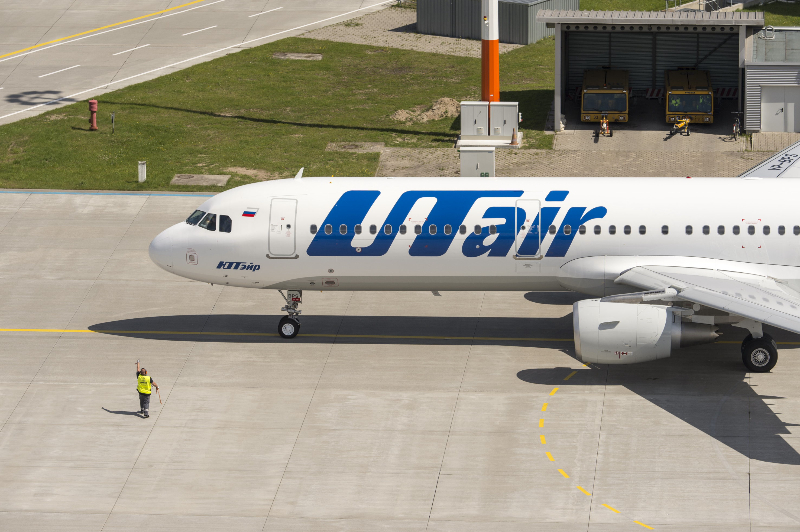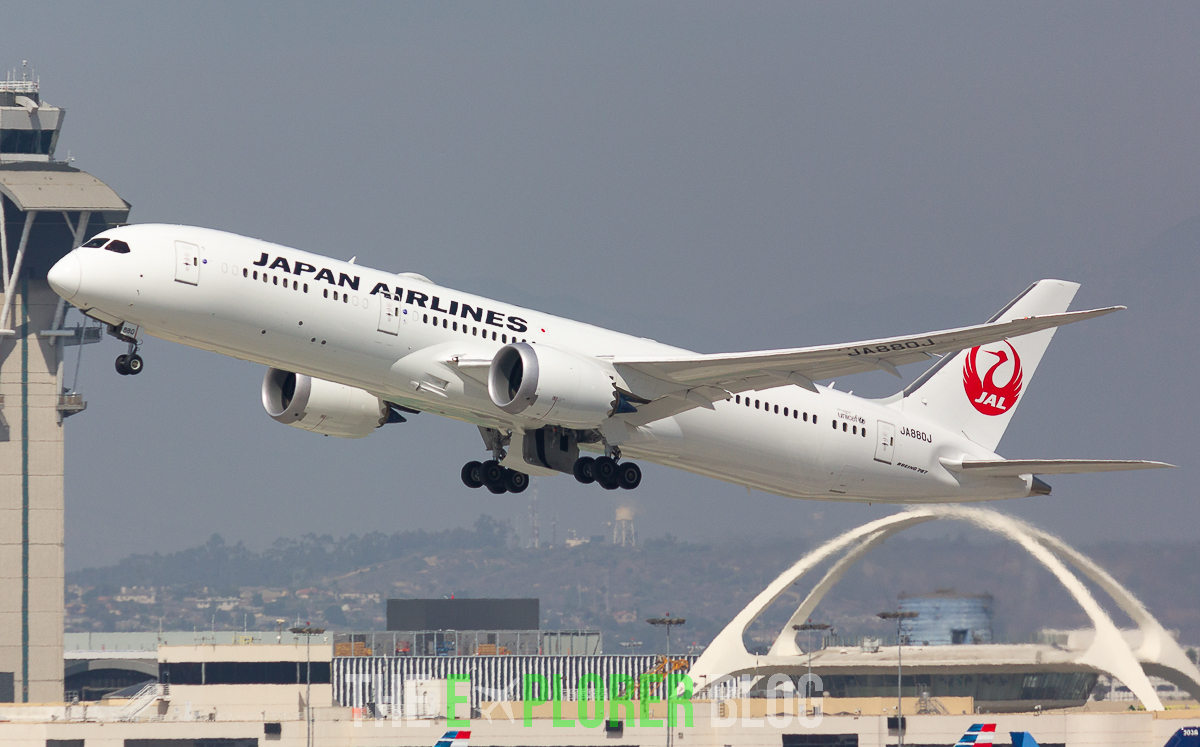Japan Airlines has recently introduced a "No Meal" option for passengers on some flights in an effort to reduce waste. The first of its kind, JAL's "Ethical Choice" initiative allows passengers to opt out of receiving inflight meals before they board their flight. Individuals can choose this feature when they are booking their flight or by calling the airline after the flight is confirmed, not unlike requesting a meal for a specific diet or Singapore Airline's "Book the Cook."

This option means that the airline/caterer would not prepare a meal for you, instead of throwing out and wasting food and meals that you don't eat, meaning there will not be a meal for you. You cannot change your mind once onboard, unless there are extra meals (if someone on board turns down a meal) or you buy food, so it is recommended you bring your own food in case you do end up getting hungry. In fact, CNN reported that JAL is targeting those who bring their own food or may want to sleep during the flight.
Right now, the Meal Skip is only available on flights between Bangkok, Thailand, and Haneda, Tokyo, Japan, a flight operating as JL034, where it has been tested since November 19. This flight is a relatively short redeye, so it is expected most passengers would reject their meal anyway. The option is applicable to all classes and must be selected at least 25 hours prior to departure (local time). JAL lists these restrictions on their website:
The inflight meal reservation service is not available in the following situations:
- The passenger has reserved a special meal that cannot be reserved on JAL website.
- The passenger has booked a tour package (group tour)
- The booking includes a flight whose schedule has changed*
- The passenger has booked codeshare flights operated by JAL but bearing a flight number of another airline
- Flights in waitlist
*Please make a reservation after you have been informed of schedule changes.

There is an added bonus for passengers who choose to not have a meal made for them. Those who select the "No Meal" option will be given an amenity kit, regardless of class.


While some airlines can and do reuse unopened, non-perishable food, such as buy on board food boxes, on subsequent domestic flights, all uneaten food on international flights must be discarded. The Australian airline Qantas says they donate unopened persihable food items after domestic flights, but are legally required to dispose of most food after international flights.

Japan Airlines isn't the only airline attempting to grow their sustainability efforts. Qantas, in addition to what was mentioned above, says they want to reduce its general waste by 75% by the end of 2021, and say that "on all domestic flights they already separate as many recyclable items like wine bottles, plastic bottles, cups and cans as possible, and will also remove more than 100 million single-use plastic items from flights and lounges by the end of 2020." British Airways announced that it will remove 1,400,000 million lbs of single use plastic from its flight, and that it plans to get rid of over a billion single use plastic items, which is enough to fill over 30,000 suitcases. They've already removed 180,000 lbs of single use plastic, or 25 million items, but now plan to scale up their efforts by over 700%. "As many single use plastic items as possible will be swapped for more sustainable alternatives, such as recyclable or reusable items."
Air New Zealand has tested out edible coffee cups to reduce waste. United Airlines recently announced a plan to be 100% green by 2050 through a new carbon capture program that will use a plant to remove carbon from the air, as well as new, sustainable jet fuel.

How do you feel about the new program? Have you used it? Would you? Let us know your thoughts or questions!
https://www.msn.com/en-gb/lifestyle/travel/airline-offers-no-meal-option-to-help-reduce-food-waste/ar-BB1bURGG?MSCC=1602921421&c=1026003510720756898&mkt=en-us
https://www.jal.co.jp/jp/en/inter/service/meal/meal_skip/
Comments (0)
Add Your Comment
SHARE
TAGS
NEWS JAL Japan Japan Airlines Ethical Choice Airline Aviation Sustainability Environment No Meal Effort WasteRECENTLY PUBLISHED
 SpaceX Rocket Debris Forces Flight Delays for Qantas and SAA on Australia-South Africa Routes
Qantas and South African Airways (SAA) have faced flight delays and cancellations on their routes between Australia and South Africa due to falling debris from SpaceX rockets, Elon Musk's aerospace company.
NEWS
READ MORE »
SpaceX Rocket Debris Forces Flight Delays for Qantas and SAA on Australia-South Africa Routes
Qantas and South African Airways (SAA) have faced flight delays and cancellations on their routes between Australia and South Africa due to falling debris from SpaceX rockets, Elon Musk's aerospace company.
NEWS
READ MORE »
 Jeju Air Black Box Flight Recorders Failed Minutes Before South Korean Plane Crash
The black boxes of the Jeju Air Boeing 737-800 aircraft that crashed several weeks ago in Muan, South Korea, stopped working during the last four minutes of the flight. The crash killed 179 of the 181 people onboard. Without the flight data and cockpit voice recorders, investigators now face a significant setback as they lack crucial information that promised to shed light on the incident.
NEWS
READ MORE »
Jeju Air Black Box Flight Recorders Failed Minutes Before South Korean Plane Crash
The black boxes of the Jeju Air Boeing 737-800 aircraft that crashed several weeks ago in Muan, South Korea, stopped working during the last four minutes of the flight. The crash killed 179 of the 181 people onboard. Without the flight data and cockpit voice recorders, investigators now face a significant setback as they lack crucial information that promised to shed light on the incident.
NEWS
READ MORE »
 4-Hour Flight Airborne for Nearly 8 Hours Following "Stabilizer Issues"
A Boeing 737-800 registered to UT Air made an emergency landing on January 7th. The flight, UT Air Flight 881, reportedly experienced "stabilizer issues" mid-flight, causing the aircraft to divert to Moscow Vnukovo Airport (VKO) 6 hours and 50 minutes after takeoff. None of the 173 passengers onboard were injured.
NEWS
READ MORE »
4-Hour Flight Airborne for Nearly 8 Hours Following "Stabilizer Issues"
A Boeing 737-800 registered to UT Air made an emergency landing on January 7th. The flight, UT Air Flight 881, reportedly experienced "stabilizer issues" mid-flight, causing the aircraft to divert to Moscow Vnukovo Airport (VKO) 6 hours and 50 minutes after takeoff. None of the 173 passengers onboard were injured.
NEWS
READ MORE »





